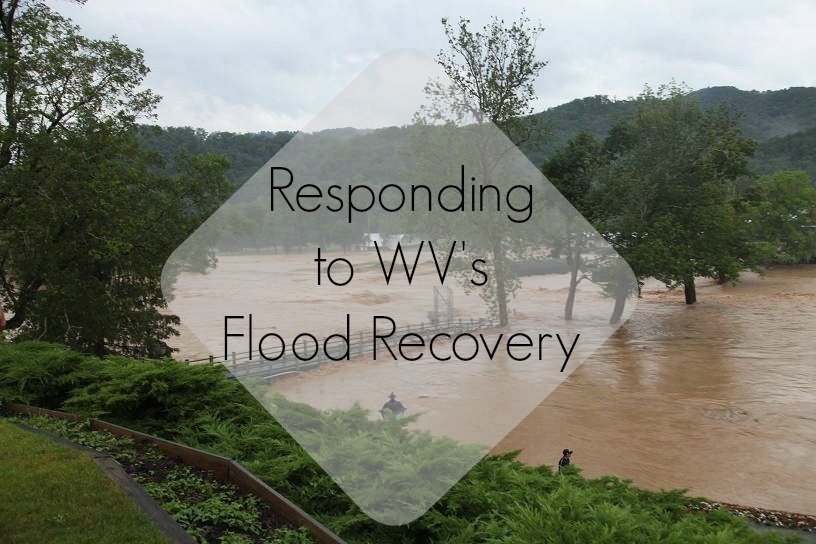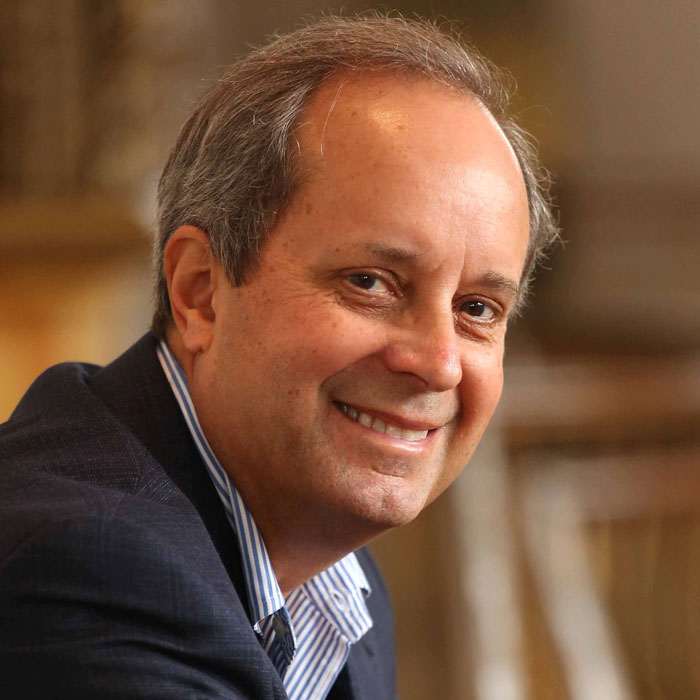How to Rebuild a Better West Virginia
A little more than three months after the state of West Virginia suffered catastrophic flooding, CDP President and CEO Bob Ottenhoff talked to Paul Daugherty, President and CEO of Philanthropy West Virginia on the progress and ongoing challenges there. CDP has been closely following the philanthropic response to the West Virginia floods, publishing your recovery […]
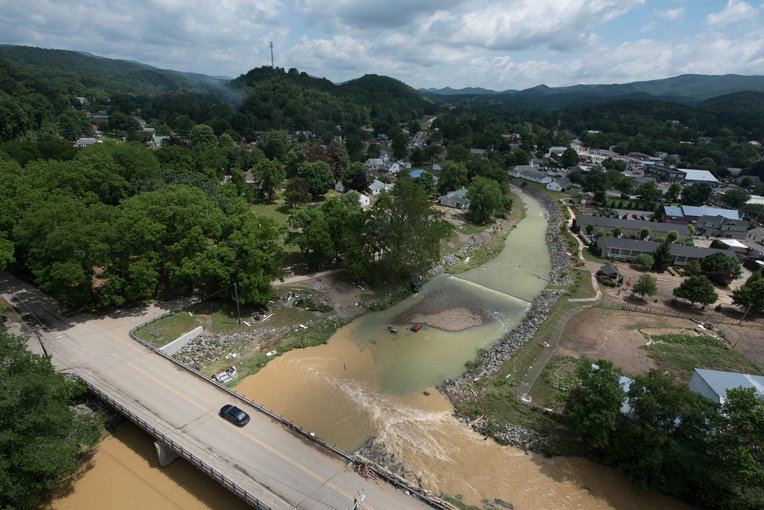
A little more than three months after the state of West Virginia suffered catastrophic flooding, CDP President and CEO Bob Ottenhoff talked to Paul Daugherty, President and CEO of Philanthropy West Virginia on the progress and ongoing challenges there.
CDP has been closely following the philanthropic response to the West Virginia floods, publishing your recovery updates. Tell us about the current situation in West Virginia.
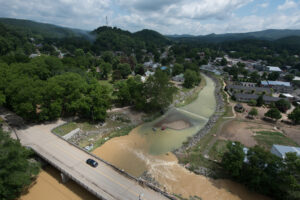
We still have a significant number of people living in temporary housing such as tents, RVs, and modular homes. Many businesses aren’t back in operation yet either. Communities were washed away, both literally and figuratively, so the big issue before us is how do we build back, but better than it was before. We need quality employment, strong civic engagement, and good quality lifestyles.
How many homes and individuals were impacted?
About 3,000 homes, some in small communities and others in rural areas.
What has FEMA’s role been?
FEMA has awarded over $41 million and registered about 9,000 people. But we expect the number to increase over the next month.
What has Philanthropy West Virginia been doing?
We see our main task as coordinating critical communications. We have 80 members, consisting of private, family, and community foundations, as well as corporations and government agencies. We have organized regular webinars and conference calls to keep them—as well as potential national funders—apprised of what is going on and the need for funding. We still hold a conference call every month to update everyone on progress.
How has the philanthropic response been?
State organizations have received about $700,000 from local funders, which we have distributed to local nonprofit organizations. National funding has been modest.
Do you still need support?
Absolutely. These are communities that were hurting before the flood, with high unemployment and many health issues. The floods took a bad situation and made it much worse. The question now is how can we not just recover, but rebuild these communities so they are better than they were before the floods. What does their future look like? To be able to answer that we’ll need knowledge, finances, and strategy over a three- to five-year period. And that is going to take innovation, aspiration, and enthusiasm from everyone involved.
For those interested in learning more, Philanthropy West Virginia holds a special conference from October 25-27 in Huntington, West Virginia. You can register here 2016 Annual Conference: Philanthropy Revitalizing Our Communities!
More like this
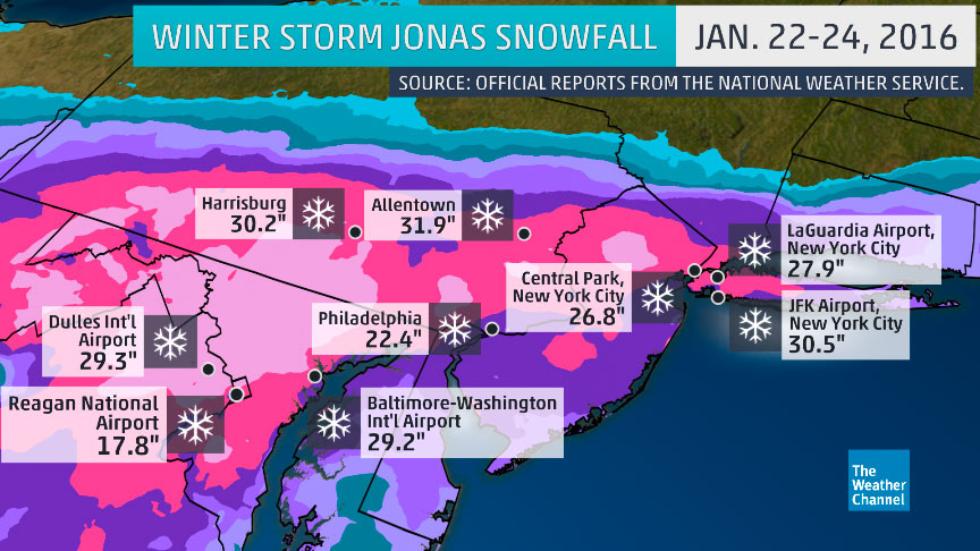
Historic Winter Storm in Northeast
